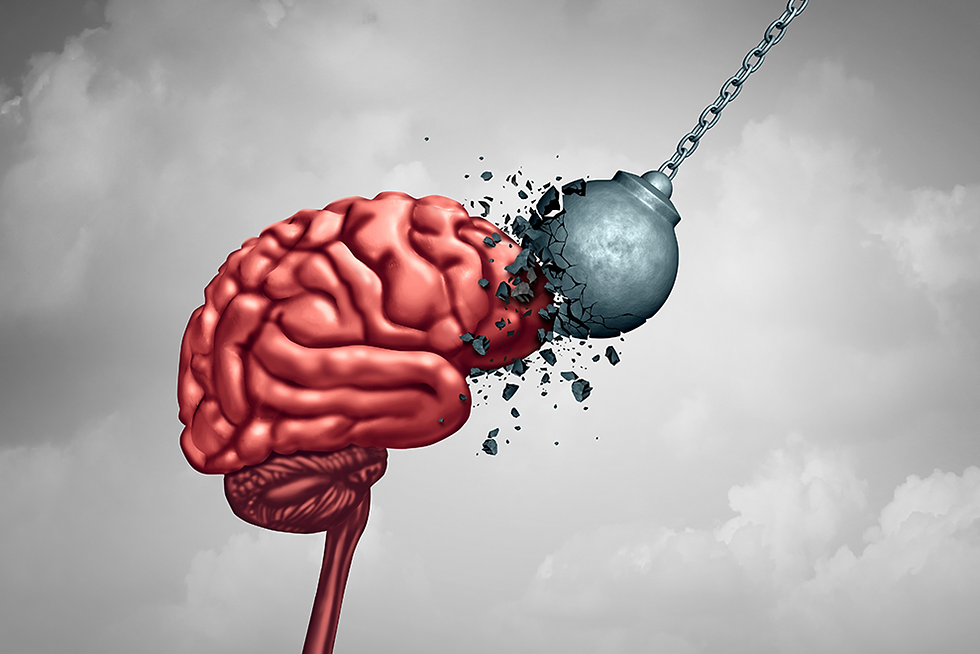Mental Toughness Training: Strategies for Basketball Success
- Shoot Basketballs NOT People
- Nov 5, 2024
- 3 min read

In the fast-paced and high-pressure world of basketball, physical skill and athleticism are
crucial—but mental toughness can be the difference-maker between winning and losing. Mental
toughness encompasses resilience, focus, confidence, and the ability to perform under pressure.
With the right mental training strategies, basketball players can unlock their full potential and
achieve greater success on the court. In this guide, we'll explore some effective mental toughness
training techniques tailored specifically for basketball players.
1. Visualization and Imagery
Visualization is a powerful tool for enhancing performance and building mental toughness.
Before games or practices, take a few moments to visualize yourself executing plays, making
shots, and outmaneuvering opponents with precision and confidence. Imagine yourself
succeeding in different game scenarios, from hitting a game-winning shot to making a crucial
defensive stop. By mentally rehearsing success, you can build confidence and develop a positive
mindset that will carry over into actual gameplay.
2. Positive Self-Talk
The way you talk to yourself can have a profound impact on your performance and mindset.
Replace negative self-talk with positive affirmations and self-beliefs that reinforce your
confidence and resilience. Remind yourself of your strengths, past successes, and capabilities,
even in the face of adversity. Instead of dwelling on mistakes or setbacks, focus on solutions and
opportunities for growth. By cultivating a positive inner dialogue, you can boost your self-
confidence and maintain a resilient mindset during challenging moments on the court.
3. Goal Setting
Setting specific, measurable, and achievable goals is essential for maintaining focus and
motivation in basketball. Break down your long-term aspirations into smaller, more manageable
goals that you can work towards each day, week, and season. Whether it's improving your
shooting percentage, increasing your defensive stops, or mastering a new skill, having clear goals
gives you a sense of purpose and direction in your training and gameplay. Regularly review and
adjust your goals based on your progress and performance, staying flexible and adaptable to
changing circumstances.
4. Mental Rehearsal
In addition to visualization, mental rehearsal involves mentally rehearsing specific plays,
strategies, and scenarios before they happen on the court. During practice sessions, take the time
to mentally rehearse different game situations, such as running offensive sets, defending against
opponents, or executing fast breaks. Visualize yourself making quick decisions, reacting
decisively, and performing with confidence and composure. By mentally rehearsing different
scenarios, you can sharpen your focus, improve your decision-making skills, and reduce anxiety
during actual gameplay.
5. Stress Management Techniques
Basketball is a high-pressure sport that can trigger stress and anxiety, particularly during critical
moments in games. Learning effective stress management techniques can help you stay calm,
focused, and in control under pressure. Practice deep breathing exercises, progressive muscle
relaxation, or mindfulness meditation to calm your nerves and center your focus before games or
during timeouts. Develop pre-game routines or rituals that help you relax and mentally prepare
for competition, such as listening to music, visualizing success, or engaging in light stretching or
warm-up drills.
6. Resilience Building
Resilience is the ability to bounce back from setbacks, adversity, and failure—a crucial trait for
success in basketball and life. Embrace challenges and setbacks as opportunities for growth and
learning, rather than viewing them as insurmountable obstacles. Develop a growth mindset that
recognizes effort, persistence, and resilience as keys to success, regardless of the outcome.
Surround yourself with supportive teammates, coaches, and mentors who encourage and inspire
you to keep pushing forward, even in the face of adversity.
Conclusion
Mental toughness is a skill that can be cultivated and strengthened through deliberate practice
and training. By incorporating visualization, positive self-talk, goal setting, mental rehearsal,
stress management techniques, and resilience-building strategies into your training regimen, you
can enhance your mental toughness and improve your performance on the basketball court.
Remember that mental toughness is not just about enduring adversity—it's about thriving in the
face of it, rising to the occasion, and achieving your full potential as a basketball player. With
dedication, discipline, and the right mindset, you can unlock your inner resilience and achieve
greater success on the court.







Comments